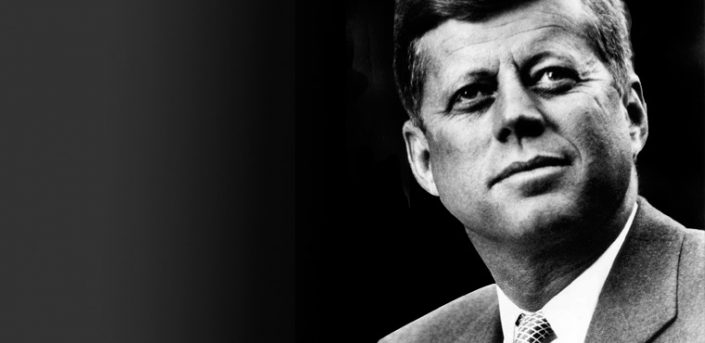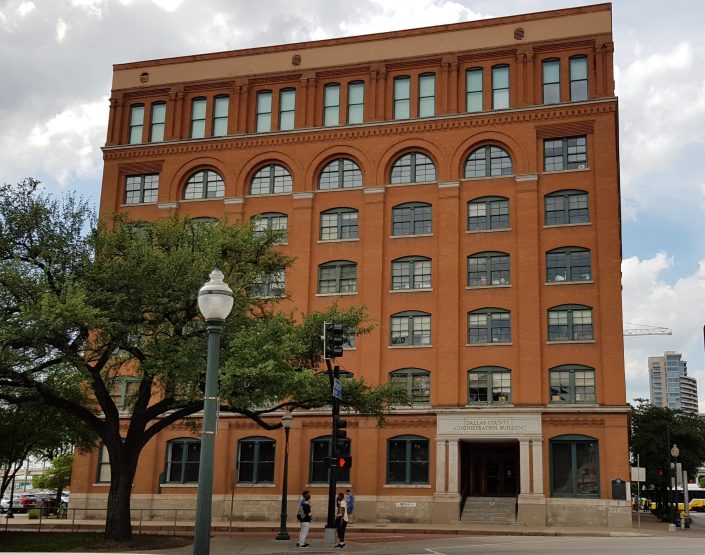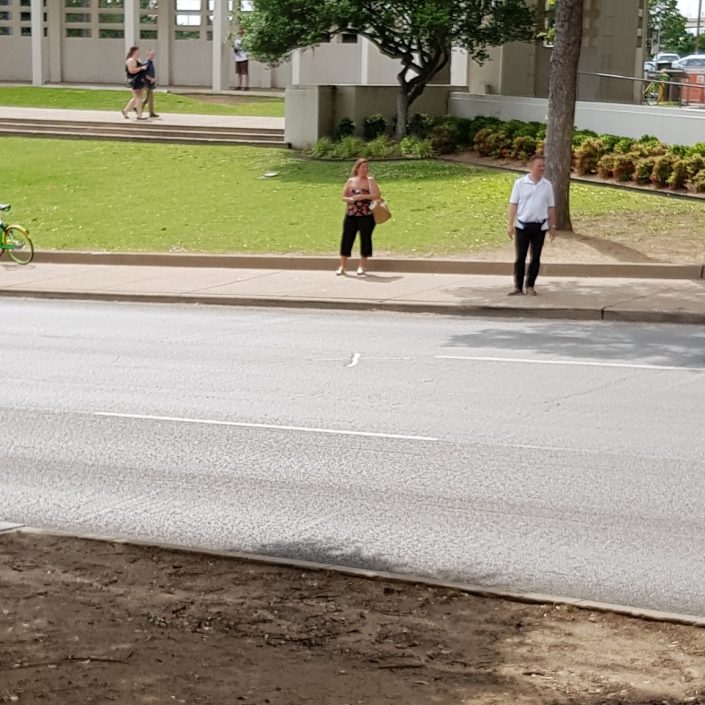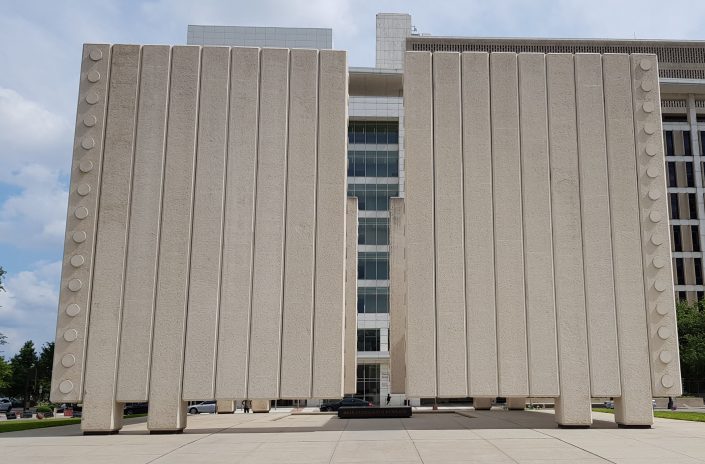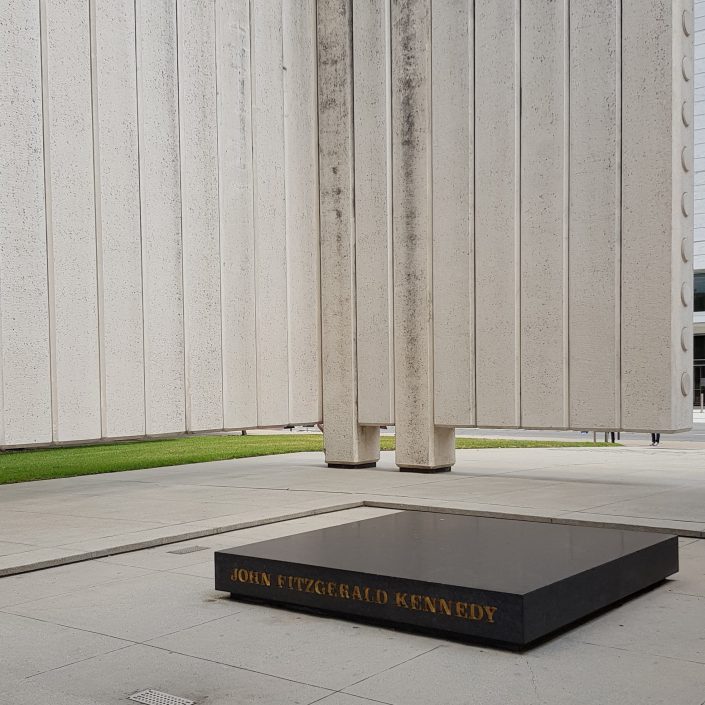31 things I learned in January 2020
1: Alan Bennett had open-heart surgery in Spring 2019 and the news completely passed me by.
2: A paucity of Papal patience provides problematic publicity for a Pontiff preaching peaceful pacifism to pious pilgrims.
3: Norovirus probably causes about two-thirds of care home outbreaks of gastrointestinal disease.
4: Fewer than 20% of schools in Texas teach children about safe sex. Texas is among the States with the highest teen pregnancy rate. Any connection is disputed by conservatives.
5: I’m reading Matt Haig’s Reasons to Stay Alive at the moment, and there’s a line advocating for greater ‘mood literacy’ which I found a rather lovely turn of phrase. It reminded me of this blog post advocating examination of one’s own response to the outside world to better understand one’s mood. Both taught me something about self-examination.
6: One of the room booking systems at work requires me to “invite” a given room to attend a meeting. I’ve now learned through bitter experience that rooms can decline invitations… which felt a little humiliating, even if it does open up a whole new seam of entertaining insults (e.g. “that meeting sounds so pointless that even the room declined the invitation”).
7: Populist ‘knee-jerk’ reactions in politics are commonly discussed and clearly dangerous. I’ve been reminded today by an article on the lack of legislation around in vitro fertilisation research in the USA that the opposite—a complete failure to react because issues are complex and divisive—can be just as dangerous.
8: Merely possessing a placebo analgesic, without even opening it, has been shown to reduce pain intensity.
9: The average age of a BBC One viewer is 61. If one considers that a problem, as the BBC seemigly does, then I suppose one might conclude that removing children’s programmes from the channel was not the right approach.
10: The Royal Botanic Garden Edinburgh is only a short walk from the city centre and is a great place for a winter stroll. The uphill walk back to the city centre is a touch more tiring.
11: Over the past decade, the proportion of the UK’s electricity generated from wind and solar power has increased from 2.4% to 20.5%. The proportion from coal has fallen from 31% to 2.9%. (As reported in Positive News, though the specific article isn’t online.)
12: Aspiring comedians often go on ‘introduction to stand up’ courses. I’d never thought about these sorts of courses existing, but of course they do.
13: More than half of Luxembourgers speak four languages. The best-selling newspapers in Luxembourg have articles in two languages. This makes me feel inadequate.
15: I have long known the North East is an outlier for antibiotic prescribing in primary care, but hadn’t fully realised until a meeting today that the North East isn’t an outlier for antibiotic prescribing in secondary care.
16: I was surprised to read that a survey suggested that only one in three people on the UK knows the standard VAT rate is 20%, and one in ten knows the basic rate of national insurance is 12%. But then, on reflection, my own surprise surprised me, because I don’t really know how or why I know those figures myself. I’m sure there are plenty of similar figures on which I’d have no idea myself!
18: The developers of Morecambe’s Central Retail Park have “put an extraordinary amount of effort into stylising the car park” including quirky themed artworks, sculpted steel waves and effigies of seabirds diving for fish.
19: In the US, a broadly similar amount is spent on treatment for back pain ($88bn) and treatment for cancer ($115bn).
20: Office for National Statistics Travel to Work Areas are an interesting way of dividing up the country.
21: Civil servants in China cannot ordinarily be dismissed. One wonders what Dominic Cummings makes of that.
22: Over 70% of 12- to 14-year-olds in China are short-sighted. The Communist Party has set targets for reducing that, leading to some slightly strange practices in schools, including compulsory twice-daily eye massages and dressings-down for those whose sight worsens over time.
23: It’s not a public health emergency of international concern.
24: Blinded trials are not always best. I remember having to write an essay or answer an exam question on this topic at some point in the past, but haven’t really thought critically about it in years.
25: The attendance fee for the 2020 World Economic Forum in Davos is 27,000CHF (£21,400). I will never complain about medical conference registration fees again!
26: Luxury branded homes—as in, “I live in a Bulgari residence” or “I’m in the Porsche apartments”—are now a thing. Is it possible that this is a global conspiracy to see how far the definition of “gauche” can be pushed?
29: Pulmonary tuberculosis can be detected in babies by doing PCR tests on faecal specimens. Sensitivity of the test varies according to the exact methods used, and this is an active area of research.
30: It’s a public health emergency of international concern.
31: The TV series Love Island has an unexpectedly innovative business model which involves selling items seen on the show via the app which viewers download to vote for contestants.
This post was filed under: Posts delayed by 12 months, Things I've learned, Alan Bennett, Antibiotics, BBC One, Bulgari, China, Davos, Dominic Cummings, Edinburgh, Extinction Rebellion, Health, Heathrow, IVF, John Major, Love Island, Luxembourg, Matt Haig, Medicine, Morcambe, Norovirus, Placebos, Pope Francis, Positive News, Public Health, Research, Royal Botanic Garden, TB, Teenage Parents, Teenagers, Texas, The BBC, USA, VAT, Work, World Economic Forum, World Health Organization.
